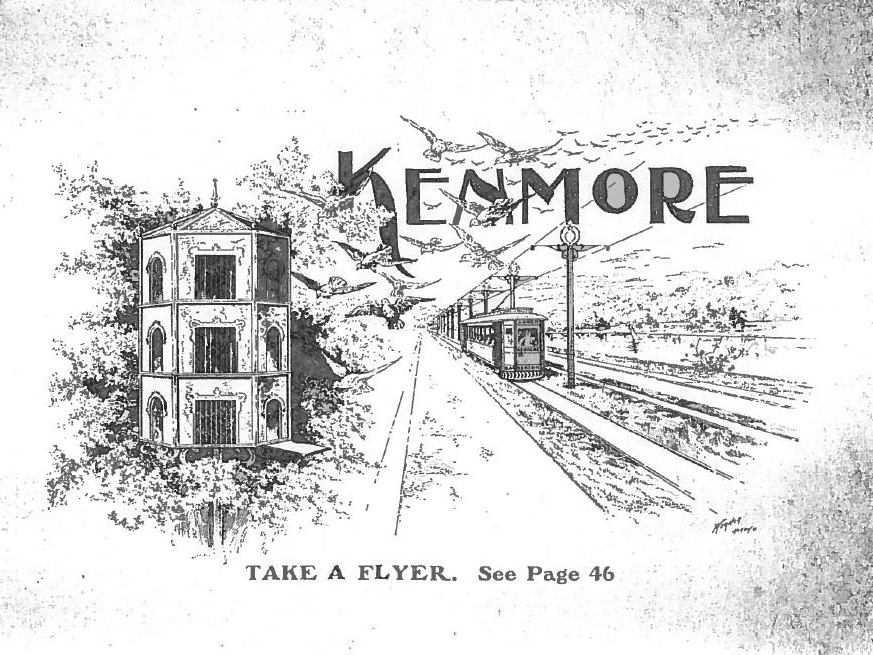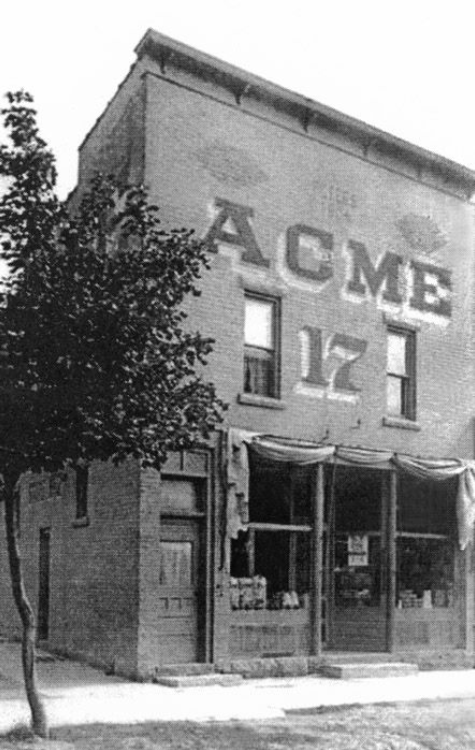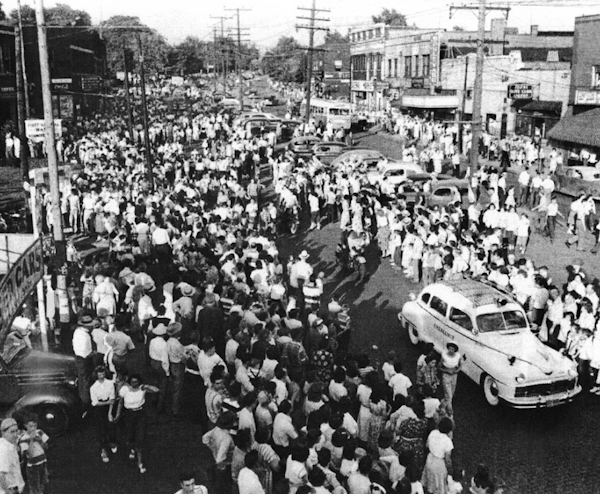Founded in 1901,
Kenmore was carved out of Coventry Township pastures and cornfields by The Akron Realty Company. Envisioned as a residential area between Akron and Barberton with a streetcar line connecting the two thriving communities, Kenmore would thrive and for a time be known as “America’s fastest growing city.”
For 20 years, Kenmore was a self-sufficient community made up of factory workers and families; however its rapid growth would be its undoing. Kenmore reached city status in 1922, but it wasn’t long before the city fell into debt.


Kenmore was 90 percent residential and had few industries from which to collect taxes, this meant it couldn’t provide adequate public services without charging residents expensive rates.
In 1928, Kenmore City Council approved an ordinance that increased sewer bills $8 a year. This outraged citizens, who then formed a committee to explore Kenmore’s possible annexation to Akron, which could provide better services at lower cost.
This lead to contention throughout Kenmore, with neighbors turning against neighbors and four Kenmore councilmen were jailed for a week in contempt of court when they refused to place the Kenmore-Akron merger before voters.
Despite the councilmen’s protest, the issue made it to ballot in Akron and Kenmore in November 1928. Akron overwhelmingly approved it, 59,010 to 11,618. Kenmore was more cautious, but still voted 3,854 to 2,225 in favor.
The annexation became official on December 31, 1928 when the City of Kenmore formally became Ward 9 of the City of Akron.
As a neighborhood of Akron, Kenmore was an idyllic place to raise a family and continued to thrive through most of the 20th century as a vibrant community with shops, restaurants, businesses, schools, and recreational spaces.

Today, Kenmore is Akron’s second largest neighborhood
and boasts multiple recording studios, guitar luthiers, music and hobby shops, and countless artisans and musicians who embody this creative, expressive, hands-on community.

At the heart of Kenmore is the Boulevard (The BLVD) Historic District, which is in the midst of revitalization. Today the BLVD is home to live music venues like the Rialto Theatre, mainstay retailers like Lay’s Guitar Shop, The Guitar Department, Kenmore Komics, and Just A Dad from Akron, and delicious cuisine from restaurants like SRINA Teahouse & Cafe and Pierre’s Brooklyn Pizza & Deli. Here is a full list of BLVD businesses.
